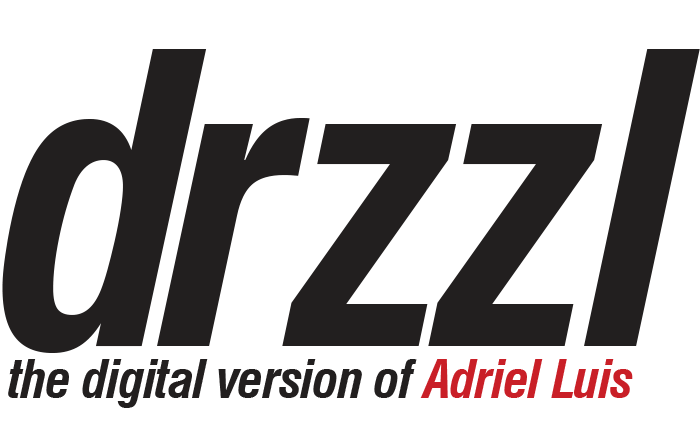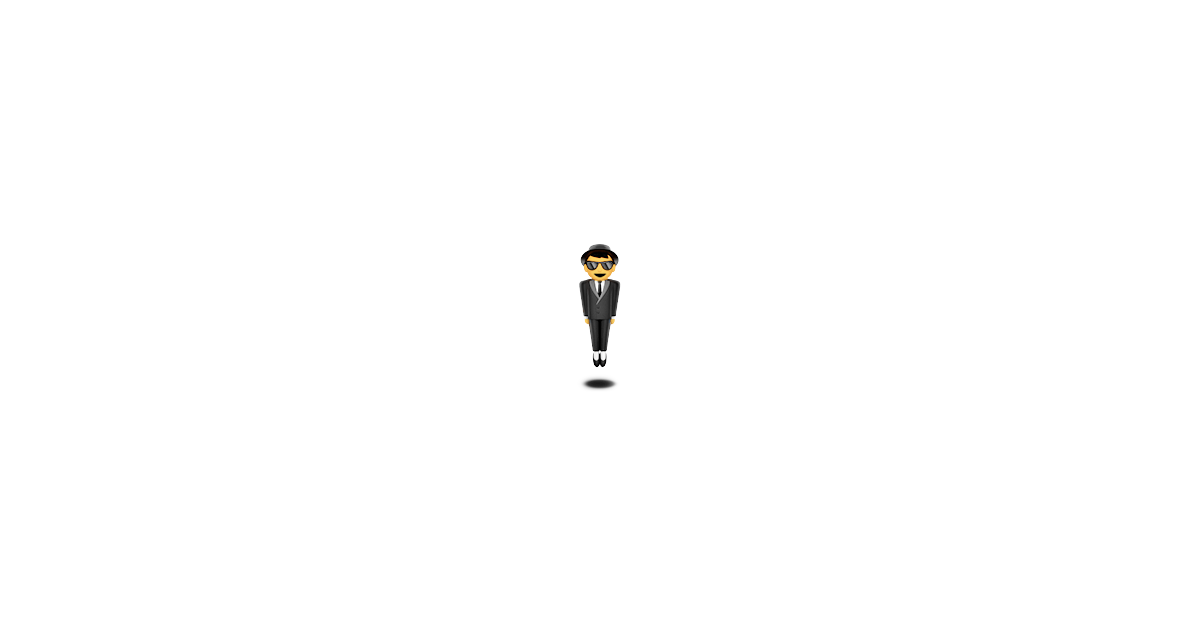Throughout my twenties I made a career of giving college kids advice. iLL-Lit was touring universities for shows, and one of the main questions we were asked was how we were able to turn our passions into our livelihoods. College can be such a hard place to learn what your true purpose may be, without completely aligning it with your major, which may have been determined somewhere between the spectrum of arbitrarily picking something that you thought would give you a better chance of getting into your school of choice, to following a path that you feel like you’re destined or at least supposed to go with. The advice we gave was to soften your grip on your major and the predestined path of courses and life decisions that usually come along the way. We discovered our lives as artists and activists during our free time, which we transformed into extra-curricular activities, then side hustles, then eventually main hustles. We hopped majors until we found the ones that aligned with our sporadic attentions, and even then didn’t take those as beacons for our lives but just merely a set of requirements to get a degree and move on.
Good advice for then, but I’m not sure it applies the same anymore. Because capitalism has a funny way of squeezing money even out of innocent hobbies. In 2019, when a fair portion – if not a majority – of young people are more likely to form their careers by piecing together a series of side hustles, rather than pursue a field of expertise. Where the question for people like this back in the day may have been “how do you do all those things?” now it might be “is that all you do?” Out of college, I took pride in listing that I am an artist, musician, graphic designer, web designer, educator, etc etc etc. A human Swiss army knife! Little did I know that I was in danger of becoming a tool.
The bright side of my approach to following a multi-prong career meant that I had endless possibilities and options. When the economy tanked and universities ran dry of funding to book me for performances, I was able to pivot to designing websites for all the people who had quit or been laid off and were ready to finally pursue their own side hustles. But not all side hustles are created equal, and even though I had picked up design along the way of my young wanderlusting through skillsets, I never really learned to pursue it in the way that I loved. When it stopped being sustainable for me to design funner, simpler websites for artists for a couple hundred a pop, I promoted myself to designing for non-profits and companies. The demands of these projects left little room for my imagination, and steered me into things that I definitely don’t love doing, like engineering, e-commerce and cyber-security. Along the journey of picking up a bunch of creative hard skills, I never learned general soft skills like delegating or narrowing my focus.
I’m hella fortunate to find myself in a situation where I have too many opportunities coming my way and I have the hard task of filtering which ones offer purpose, joy, and the kinds of experiences that will put me in the presence of the regular rituals that would compose a fulfilling life for me. But it means I need to figure out my major in life – and here I’m giving myself the opportunity to be a double- or even triple-major. But instead of focusing on career fields of subjects, I’m looking for the kinds of majors that are vast and flexible enough for me to continue to dive into wormholes and pick up new experiences and interests, while still being focused enough to help me sift past projects that won’t contribute to the kind of person I want to be. It’s a new way of thinking, that’s forcing me to ask different questions when considering what I want to be involved in.
Instead of asking, “Do I have the skills/capacity/time to do this?” I will ask, “Will this lead me to the kinds of experiences/people/information that will motivate me to be who I want to be right now and into the future?” This means not choosing things based merely on my own qualification, but on my rooted sense of aspiration.
Instead of asking, “Is this connected to a topic that I’m interested or knowledgeable in?” I will ask, “Will this offer me the learning moments I need to be an expert in the grand themes I’m pursuing in life?” This helps me avoid following small side interests by making big commitments, and interrogates which of those small interests can actually accumulate toward something that will last beyond my fickle short-term interests.
Instead of asking, “Is this project for a good cause?” I will ask, “Will this project allow me to be the best I can be for the causes I believe in?” This one is hard, because one of the main reasons I end up picking up projects that I regret are because they align with my politics. But without intention, this qualifies any and everything that can be deemed “progressive.” Even within the issues that I personally am invested in, I have ended up picking up projects that are attached to toxic interactions, tasks that drain me, or compensation that doesn’t match the time and energy I invest. Several months or weeks into a project like this, the fact that it’s toward a social cause that I care about proves to not be enough legs for my dedication to stand on – and in the cases where the social interactions involved are sucky, it’s actually detrimental to my perspective of that given cause.
Here, I recognize that I’m not who I was 10 years ago when I launched my design career in stride (which meant scouring Craigslist postings and picking up any little thing that might help me cover rent and groceries). Making decisions out of scarcity is a hard habit to kick, and it involves fear of sliding back into the need to do so, as well as guilt for being able to make this choice while so many others in the world aren’t. This is all a process that may or may not work, and has probably been done and written about ad infinitum, but oh well. What remains consistent in my message is to just take agency, believe in the process, and see how it goes.


